In the rapidly evolving landscape of Australia’s business environment, sustainable startups are poised to take center stage by 2025. This shift is not just a trend but a profound transformation rooted in economic, environmental, and social dynamics. As Australia grapples with climate change challenges and shifting consumer expectations, sustainable startups present a viable pathway for economic resilience and growth. This article delves into the factors propelling sustainable startups to the forefront of the Australian market, supported by data-driven insights and real-world case studies.
The Rise of Sustainable Startups: An Australian Perspective
Sustainable startups are not just about reducing carbon footprints or adopting green practices. They represent a comprehensive approach to business that integrates social, environmental, and economic considerations. According to the Australian Bureau of Statistics, small and medium enterprises (SMEs) form the backbone of the Australian economy, contributing over 57% to GDP and employing around 7 million people. With sustainability becoming a priority, these startups are uniquely positioned to drive innovation and economic growth.
Case Study: GreenSync – Innovating Energy Solutions in Australia
GreenSync, a Melbourne-based company, exemplifies the potential of sustainable startups. Recognizing the inefficiencies in Australia's energy sector, GreenSync developed a cloud-based platform to optimize energy distribution. By leveraging data analytics and machine learning, the company helps businesses and households reduce energy costs and carbon emissions. This innovation has not only improved energy efficiency but also attracted significant investment from global firms, highlighting the financial viability of sustainable solutions.
Economic and Policy Drivers
The Australian government has set ambitious targets to achieve net-zero carbon emissions by 2050, creating a conducive environment for sustainable startups. The Australian Competition & Consumer Commission (ACCC) has also been active in promoting fair competition and consumer rights in green markets. These regulatory frameworks provide startups with clear guidelines and support to innovate sustainably.
Moreover, funding opportunities for sustainable ventures are on the rise. According to a report by the Reserve Bank of Australia, venture capital investments in green technology startups increased by 35% in 2023. Initiatives like the Clean Energy Finance Corporation (CEFC) offer financial support to startups focusing on renewable energy and energy efficiency, further fueling growth in this sector.
Pros vs. Cons of Sustainable Startups
✅ Pros:
- Access to Funding: Sustainable startups often have access to specific funding and grants aimed at environmental innovation.
- Market Differentiation: These startups stand out in a crowded market by aligning with consumer values and regulatory expectations.
- Long-term Viability: Sustainability practices ensure long-term business viability and resilience against regulatory changes.
- Positive Brand Image: Companies known for sustainability often enjoy a better brand image and customer loyalty.
❌ Cons:
- Initial Costs: Implementing sustainable practices can require significant upfront investment.
- Regulatory Complexity: Navigating the regulatory landscape can be challenging and time-consuming.
- Market Readiness: Some consumer segments may not be ready to pay a premium for sustainable products.
Technological Innovations Driving Sustainability
Technological advancements are critical in accelerating the growth of sustainable startups. Innovations such as blockchain, artificial intelligence (AI), and Internet of Things (IoT) are transforming how businesses operate sustainably. For instance, blockchain technology is being used to enhance supply chain transparency, ensuring ethical sourcing and fair trade practices.
Case Study: Power Ledger – Revolutionizing Energy Markets with Blockchain
Power Ledger, based in Perth, uses blockchain technology to facilitate peer-to-peer energy trading. This allows consumers to directly buy and sell renewable energy within their communities, promoting energy efficiency and reducing reliance on fossil fuels. The success of Power Ledger underscores the potential of integrating technology with sustainability to create new market opportunities.
Consumer Trends and Market Potential
Consumer behavior in Australia is increasingly leaning towards sustainability. A study by CSIRO found that 75% of Australians are willing to pay more for sustainable products. This shift in consumer preferences is driving companies to adopt greener practices, creating a fertile ground for sustainable startups.
Moreover, the global shift towards Environmental, Social, and Governance (ESG) criteria is influencing investment decisions. Investors are prioritizing companies with sustainable practices, recognizing their potential for long-term growth and risk mitigation.
Myths vs. Reality in Sustainable Business
Myth: Sustainable practices are not profitable. Reality: Data from the University of Sydney shows that companies with strong sustainability practices report 25% higher profit margins compared to those without.
Myth: Sustainability is only for large corporations. Reality: Small startups are leading innovation in sustainability, often outpacing larger firms in agility and creativity.
Future Trends: The Dominance of Sustainable Startups by 2025
By 2025, sustainable startups are expected to dominate the Australian market, driven by technological advancements, regulatory support, and consumer demand. The integration of AI and machine learning in sustainability will further enhance efficiency and innovation.
According to Deloitte, by 2025, 60% of new businesses in Australia will be sustainability-focused, aiming to address climate change challenges and meet consumer expectations.
Conclusion: Embracing a Sustainable Future
Sustainable startups are not just a fleeting trend but a foundational shift in the Australian business landscape. As the country progresses towards a sustainable future, these startups will play a crucial role in driving economic growth, innovation, and environmental stewardship. For entrepreneurs and investors, the time to embrace sustainability is now.
Final Takeaway & Call to Action
Australia's journey towards sustainability is both a challenge and an opportunity. As businesses and consumers align with sustainable practices, the potential for innovation and growth is immense. Join the conversation on LinkedIn AU or engage with industry experts to explore how you can contribute to a sustainable future.
People Also Ask (FAQ)
- How do sustainable startups impact the Australian economy? Sustainable startups drive innovation and create jobs, contributing significantly to Australia's GDP.
- What are the biggest misconceptions about sustainable business practices? A common myth is that they are not profitable, but studies show they lead to higher profit margins.
- What strategies should sustainable startups adopt? Focus on leveraging technology like AI and blockchain to enhance efficiency and transparency.
- What regulatory changes might affect sustainable startups in Australia? Upcoming policies on carbon emissions will create new opportunities for sustainable innovation.
- Who benefits most from sustainable startups? Consumers, the environment, and the economy all gain from the growth of sustainable startups.
Related Search Queries
- Sustainable business practices in Australia
- Impact of green startups on the Australian economy
- Future of sustainable innovation in Australia
- Technological advancements in sustainable energy
- Consumer trends towards sustainability in Australia
- Government policies on sustainability in Australia
- Investment opportunities in green startups
- Blockchain technology in sustainable businesses







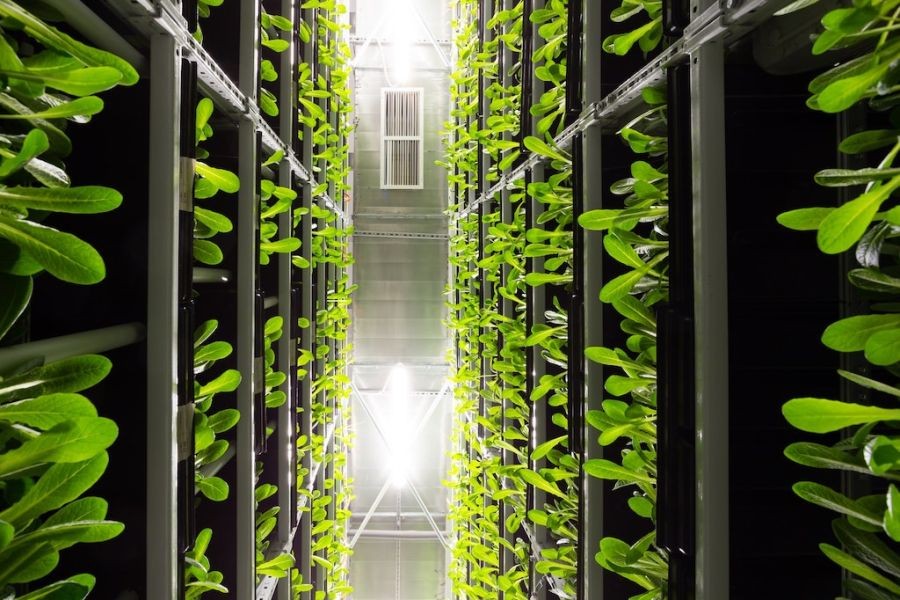



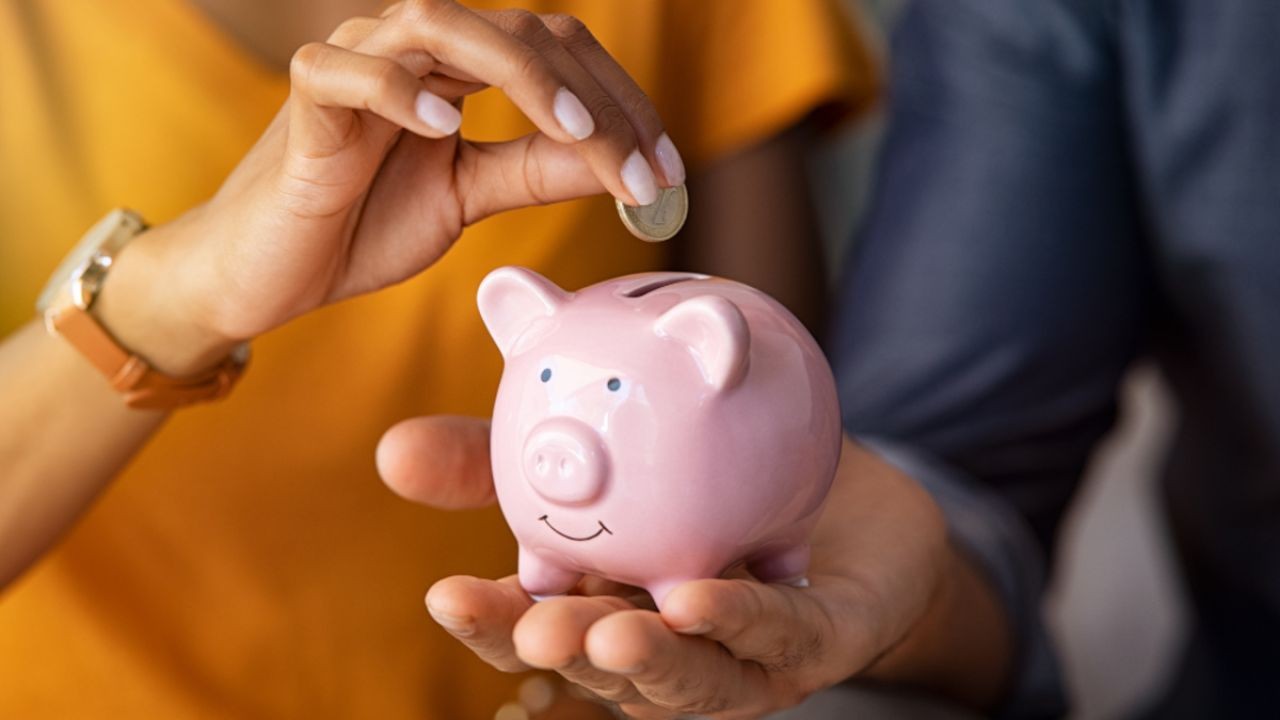


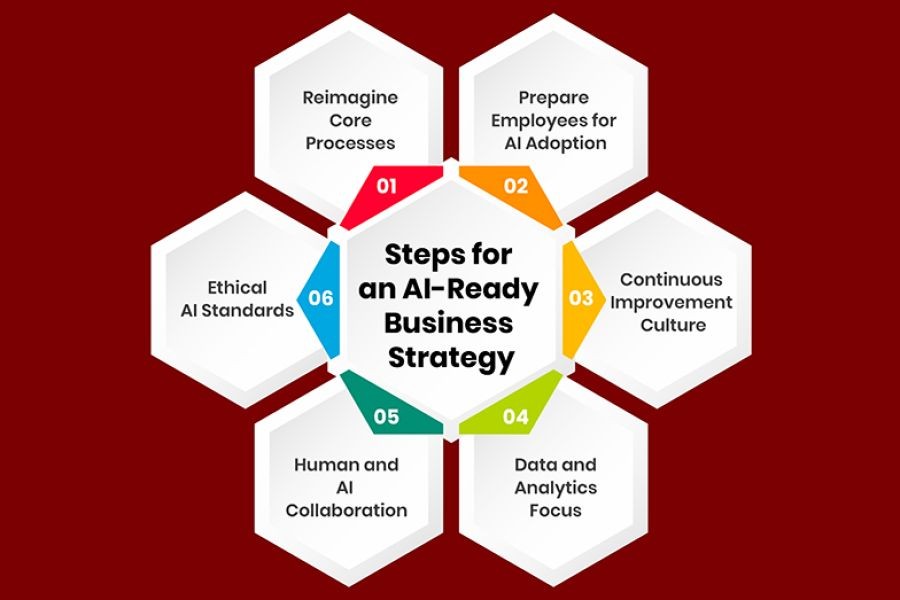
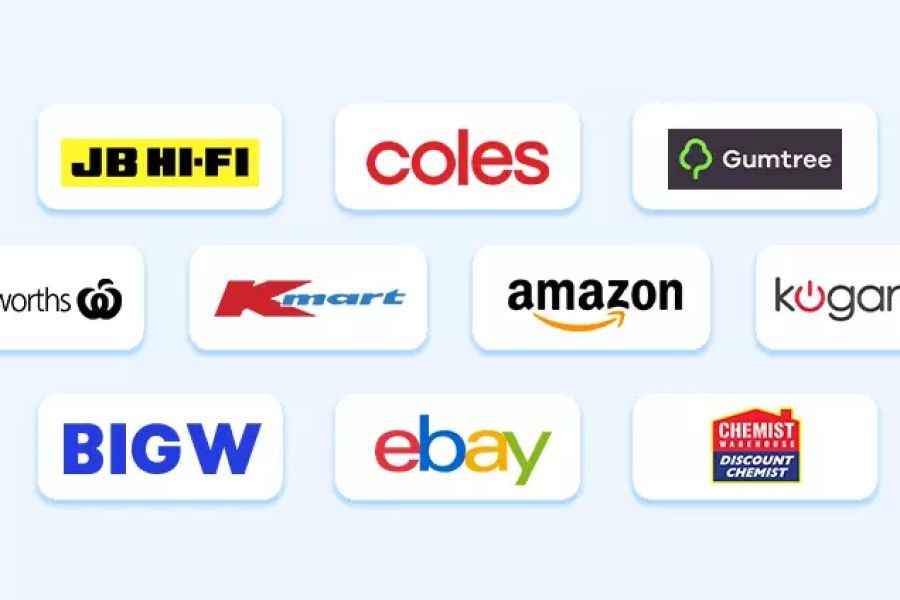



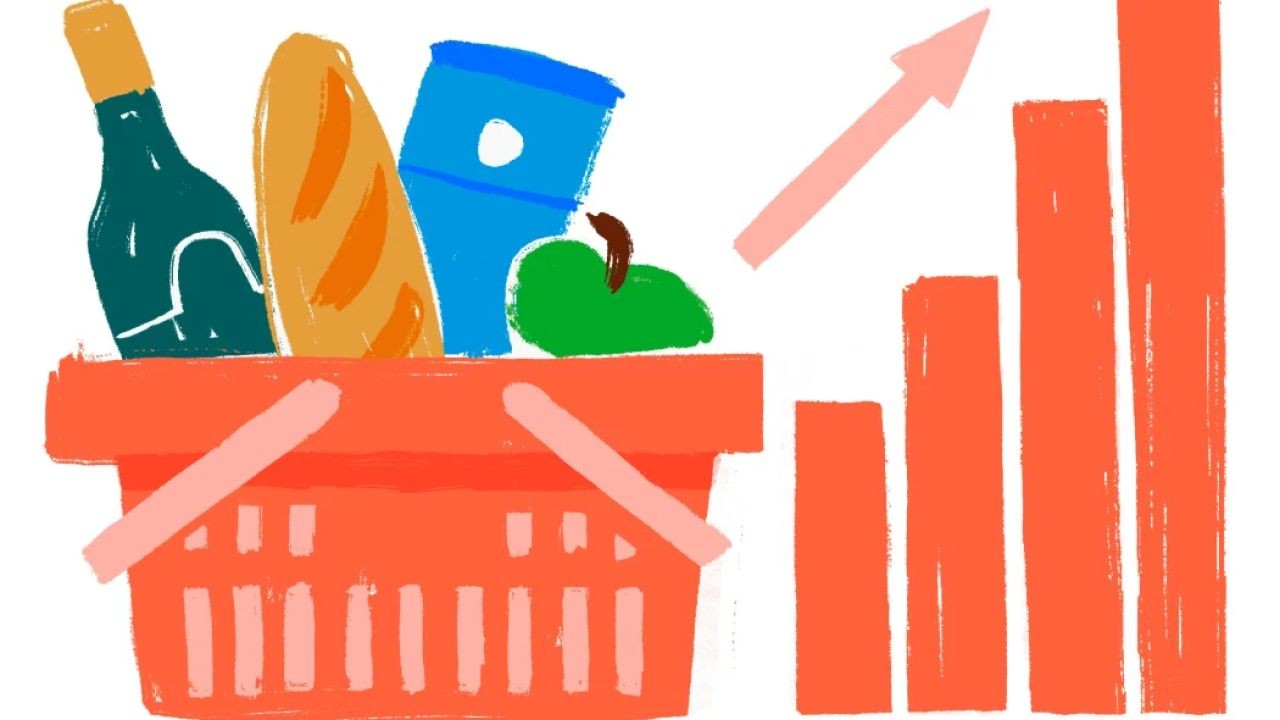


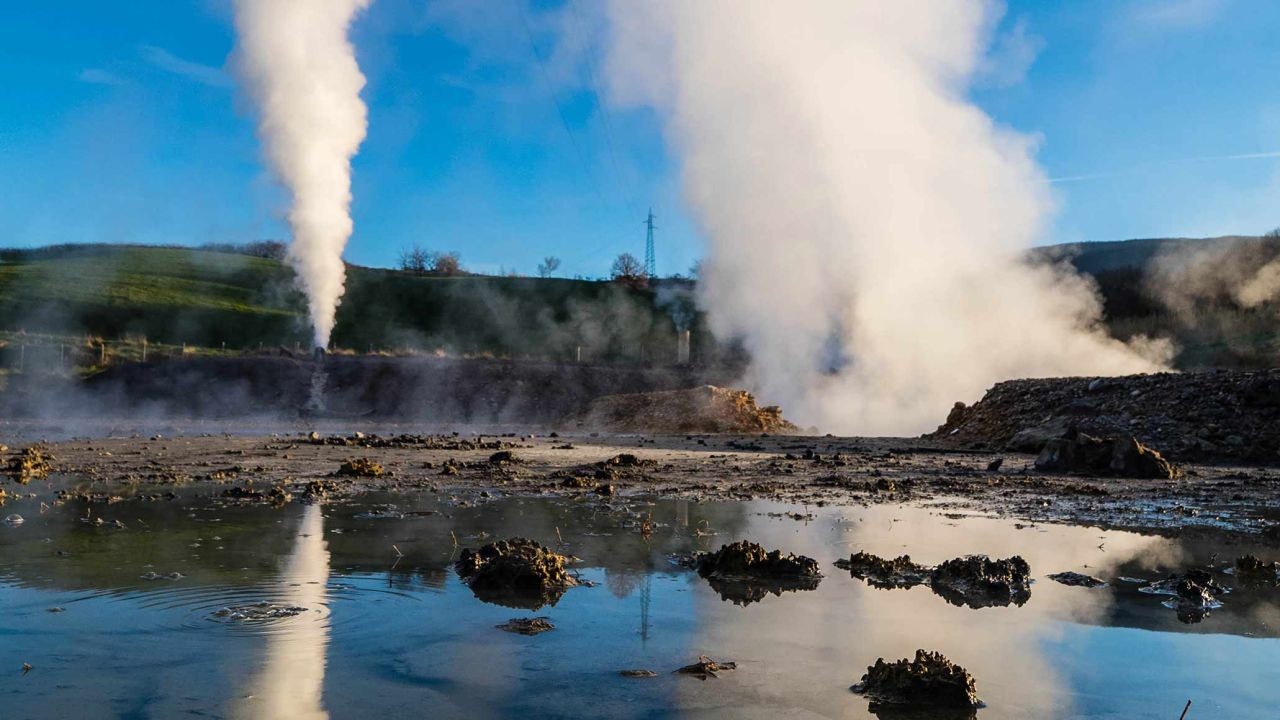










birgitarmbrust
9 months ago